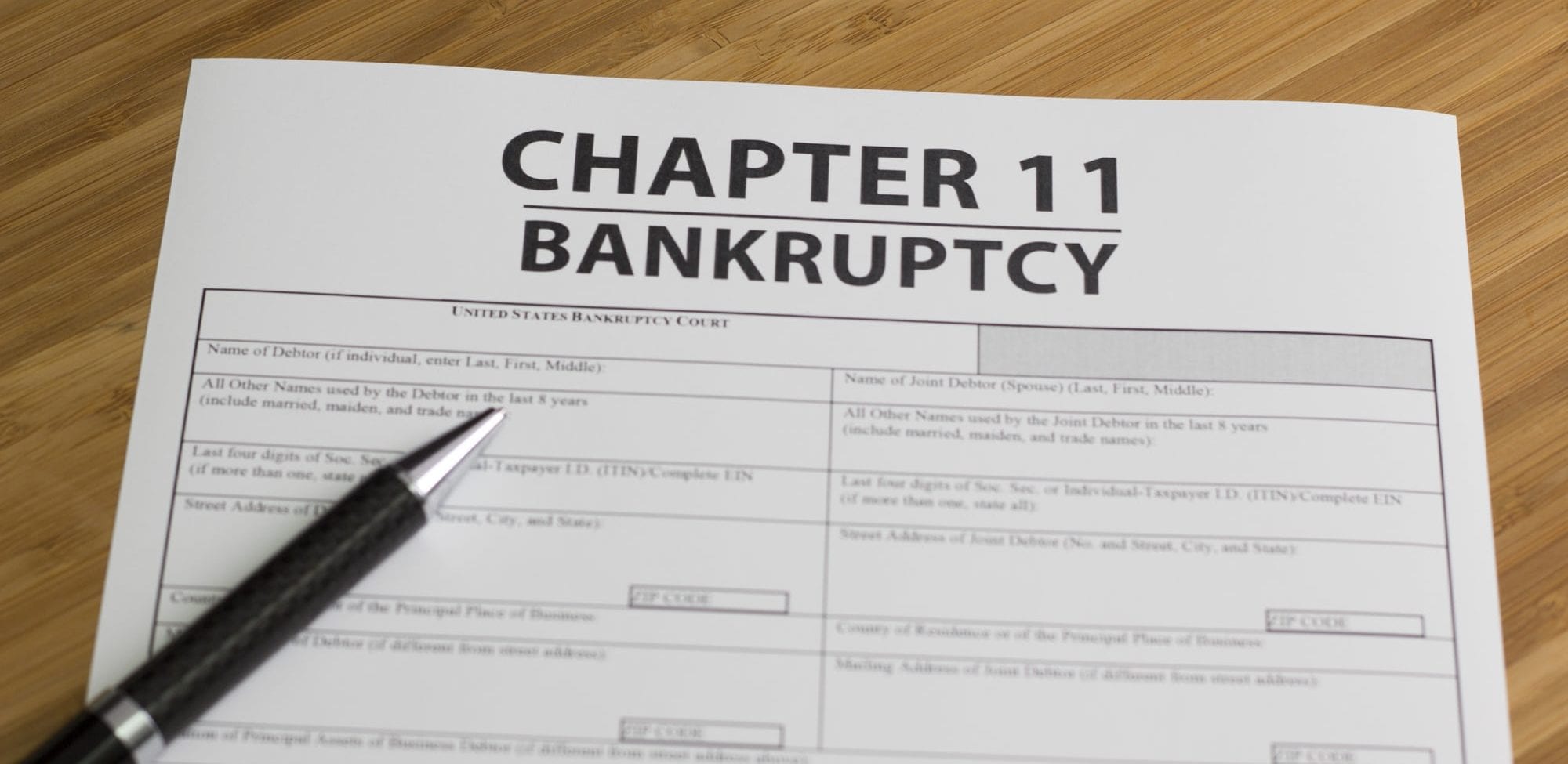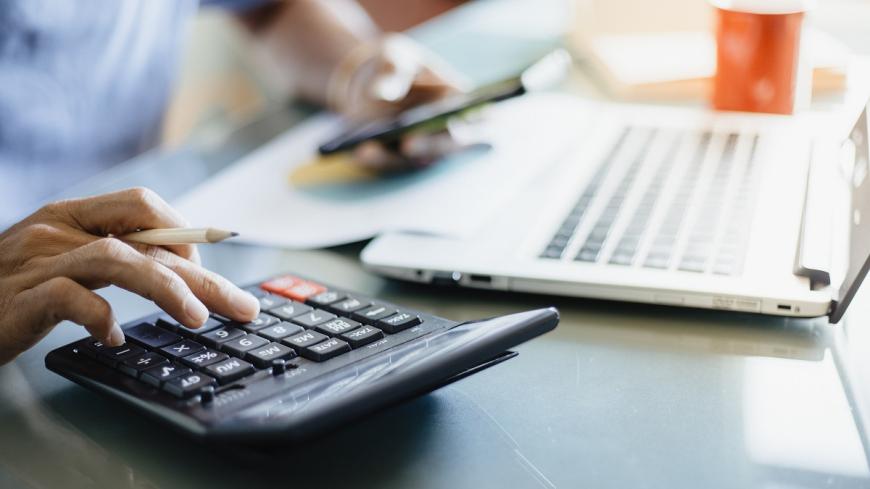If you’re facing bankruptcy or have recently declared bankruptcy, you might be wondering whether you can maintain a bank account. This is a common concern for individuals navigating the complex waters of bankruptcy. In this article, we’ll explore the rules and regulations surrounding bank accounts for bankrupt individuals, addressing the frequently asked questions on this topic.
Understanding Bankruptcy and Its Implications
Bankruptcy is a legal process that allows individuals and businesses to eliminate or repay their debts under the protection of the federal bankruptcy court. When you declare bankruptcy, your financial affairs come under the court’s supervision, and a trustee is appointed to manage and distribute your assets to creditors. The type of bankruptcy you file, either Chapter 7 or Chapter 13, will influence how your assets are handled.
Can You Keep Your Existing Bank Account?
Whether or not you can retain your existing bank account during bankruptcy largely depends on several factors, including the type of bankruptcy you file, the state you reside in, and your specific financial circumstances.
Chapter 7 Bankruptcy
In Chapter 7 bankruptcy, a trustee is appointed to liquidate your non-exempt assets to repay your creditors. If your bank account contains significant funds that aren’t exempt from this process, the trustee may use those funds to pay off your debts. Therefore, it’s crucial to consult with an attorney and understand your state’s exemptions, which can protect some or all of the funds in your account.
Chapter 13 Bankruptcy
Chapter 13 bankruptcy involves a repayment plan that allows you to retain your assets and work out a plan to pay your debts over a specific period, typically three to five years. In this case, you’re more likely to keep your existing bank account, as it doesn’t involve the liquidation of assets. However, it’s essential to notify your bank and the court about your bankruptcy filing.
The Role of Exemptions
Exemptions play a crucial role in determining whether you can maintain your bank account during bankruptcy. Exemptions vary from state to state, so it’s essential to consult with a legal expert who can guide you on the specific rules in your jurisdiction. Exemptions typically protect a certain amount of money in your bank account, ensuring that you can cover essential living expenses during and after bankruptcy.
Can You Open a New Bank Account After Bankruptcy?
Bankruptcy may affect your ability to open a new bank account, but it doesn’t necessarily mean you’re barred from having one altogether. Here’s what you should know:
- ChexSystems and Your Banking History: ChexSystems is a consumer reporting agency that banks use to assess your banking history. If your prior bank accounts were mishandled or had a negative balance at the time of bankruptcy, this could make it challenging to open a new account. However, some banks offer second-chance accounts specifically for individuals with a history of banking issues.
- Credit Unions and Local Banks: Smaller credit unions and local banks may be more lenient when it comes to opening new accounts for those with a bankruptcy on their record. They may not rely solely on ChexSystems reports and could be more willing to work with you.
- Prepaid Debit Cards: If you encounter difficulties opening a traditional bank account, you can consider using prepaid debit cards as an alternative. These cards function similarly to bank accounts, allowing you to make deposits and withdrawals, but without the need for a credit check or ChexSystems verification.
- Rebuilding Your Banking Reputation: It’s crucial to work on rebuilding your banking reputation after bankruptcy. Pay your bills on time, manage your finances responsibly, and, over time, you can improve your financial standing, making it easier to open a bank account in the future.
1. Can I keep my joint bank account with my spouse if I file for bankruptcy?
It depends on whether your state’s exemptions cover the funds in the joint account and whether your spouse is filing for bankruptcy as well. Consult with an attorney to understand the specific rules in your jurisdiction.
2. Will bankruptcy affect my ability to get a credit card or loan in the future?
Bankruptcy will affect your credit score, making it more challenging to qualify for credit cards and loans. However, it’s not impossible. You can work on rebuilding your credit over time.
3. Do I need to inform my bank about my bankruptcy filing?
Yes, it’s essential to notify your bank about your bankruptcy filing. They may take certain actions, such as freezing or closing your account, and you need to ensure that you follow the correct procedures.
4. Can a bank take money from my account without my consent if I file for bankruptcy?
In Chapter 7 bankruptcy, a trustee can access non-exempt funds in your bank account to pay off your debts. However, this can only occur after the bankruptcy court approves the action.
Conclusion
Bankruptcy doesn’t necessarily mean you can’t have a bank account, but it can complicate the process. The rules and regulations surrounding bank accounts during bankruptcy are complex and depend on various factors. Consulting with a bankruptcy attorney and understanding your state’s exemptions is crucial to ensure you can navigate the process while maintaining essential access to your funds. Additionally, working on rebuilding your financial reputation post-bankruptcy will pave the way for a brighter financial future.







